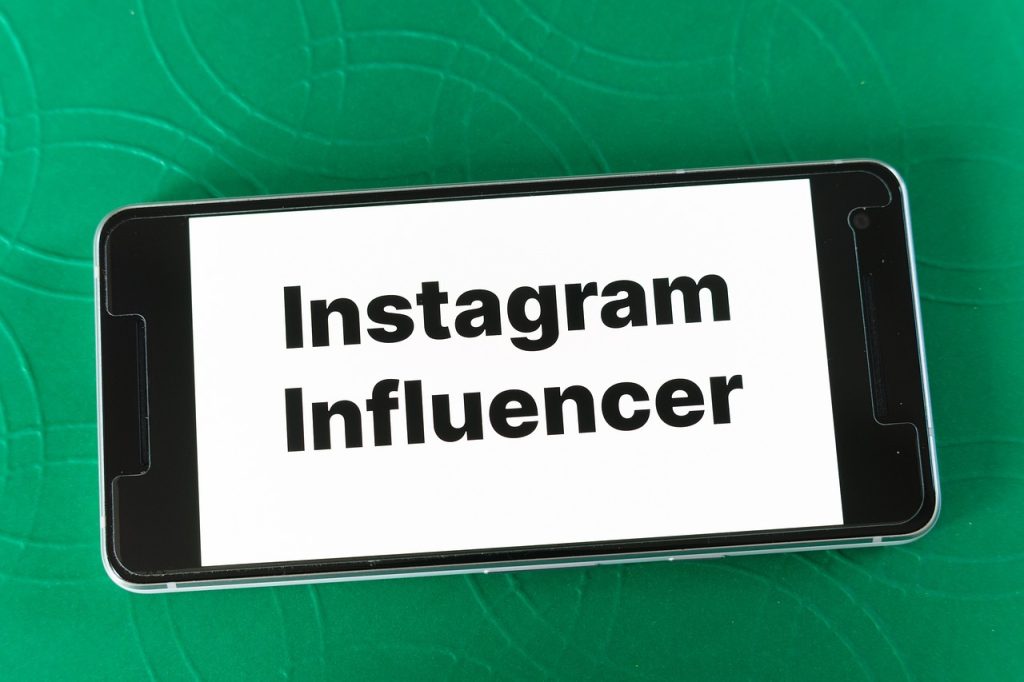In the ever-evolving landscape of food marketing, B2B brands are discovering the transformative power of influencer marketing, a strategy once thought exclusive to consumer-facing companies. By collaborating with content creators, these brands are forging authentic connections and crafting compelling narratives that resonate with their target audience. This approach not only enhances brand visibility but also fosters genuine engagement, as influencers bring a relatable, human touch to the otherwise corporate world of B2B interactions as reported by Nation’s Restaurant News.
Several B2B food brands have already tapped into this dynamic realm, successfully partnering with influencers to reach niche markets and showcase their products in practical, real-world applications. These collaborations often result in content that feels organic and trustworthy, seamlessly integrating product promotion into lifestyle storytelling. This strategy aligns with the cultural shift towards authenticity, where audiences crave genuine experiences over traditional advertising tactics.
Taking a page from PepsiCo’s playbook, which has enlisted VaynerMedia to transform its in-house agency model, B2B brands can learn the importance of evolving with the times. By adopting innovative marketing strategies and embracing the influencer movement, companies can stay relevant and competitive in a crowded marketplace. As the lines between B2B and B2C continue to blur, one might wonder: How will future collaborations between influencers and B2B brands shape the food industry’s marketing landscape?


